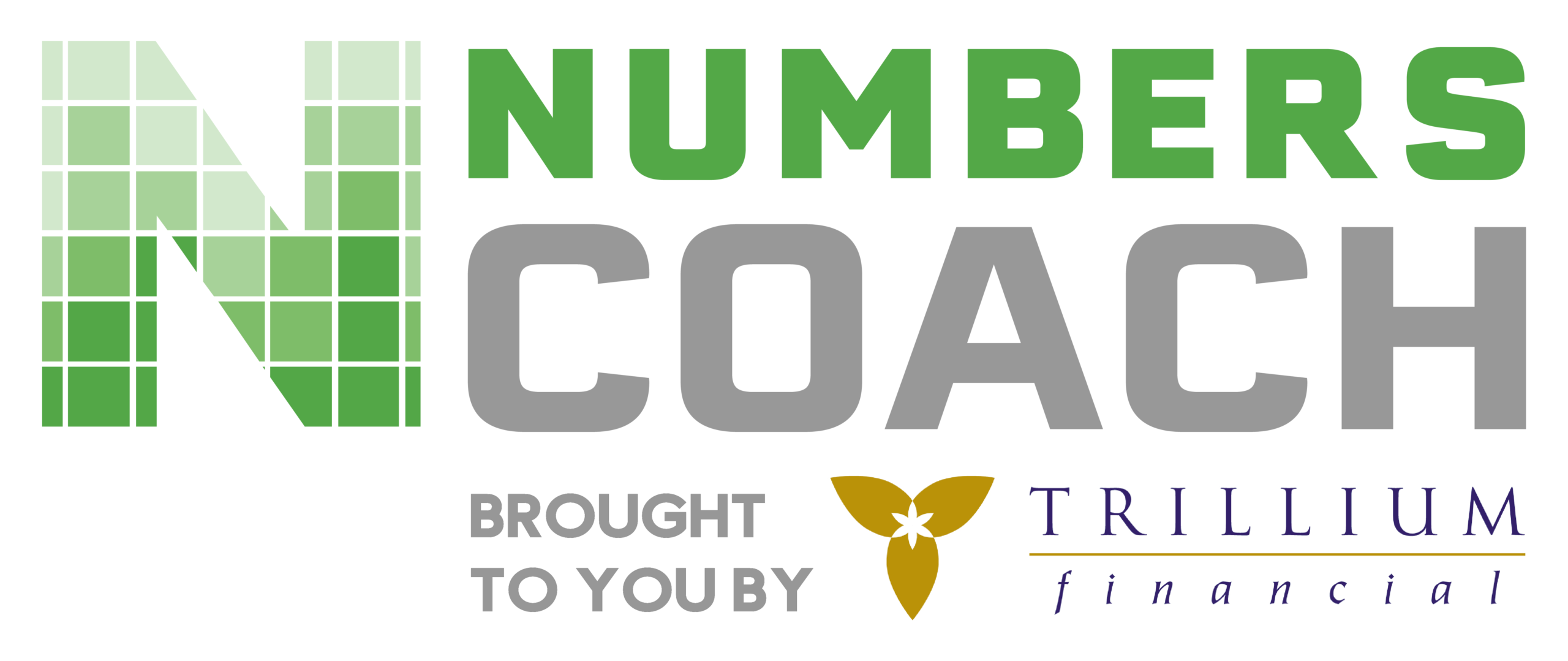As a business owner, aligning business financial planning with personal financial goals is essential for your long-term financial health. But how to go about it successfully?
Here are 8 key strategies we recommend:

- Separate Finances: Maintain distinct accounts for personal and business finances. This ensures clear tracking of cash flow, expenses, and tax obligations, reducing financial complexity.
- Set Clear Goals: Define both personal and business financial objectives. For example, retirement savings, family expenses, and business expansion should align to support overall wealth-building strategies.
- Pay Yourself Strategically: Establish a salary or draw of consistent income that the business can support. Avoid withdrawing erratically because it disrupts cash flow and personal budgeting.
- Leverage Tax Strategies: Optimize tax planning for both personal and business finances. Utilize deductions, credits, and retirement contributions to reduce taxable income and maximize savings. However, don’t use strategies that may reduce your tax bill, but ultimately cause harm to your cash flow needs.
- Build Emergency Funds: Maintain separate emergency reserves for personal and business needs to address unexpected challenges without compromising either. How much to maintain? This is a personal question that relates to 1.) how much risk you are comfortable to take and 2.) how reliable and consistent your cash flow is from the business. You often hear 3-6 months of expenses as reasonable. In some situations, the Numbers Coach recommends over 12 months, due to the unreliability of business cash flow. (See this recent post for more guidance.)
- Plan for Retirement: Use tax-advantaged retirement accounts like SEP IRAs or solo 401(k)s. These account allow higher contributions for self-employed individuals, linking personal retirement savings with business success.
- Manage Debt Wisely: Balance personal and business debt to avoid over-leveraging. The Numbers Coach philosophy is to minimize the use of debt. When it is used, then prioritize debt repayment while ensuring sufficient liquidity.
- Consult Professionals: Work with financial advisors and accountants experienced in both business and personal finance to create a cohesive plan tailored to your goals. But remember, you are the only one who truly cares about your money. As much as your advisors try to have your best interest at heart, it is up to you to learn and know your numbers.
By integrating these aspects into your business and personal financial planning, you can build financial stability, meet personal aspirations, and position your business for long-term success.
